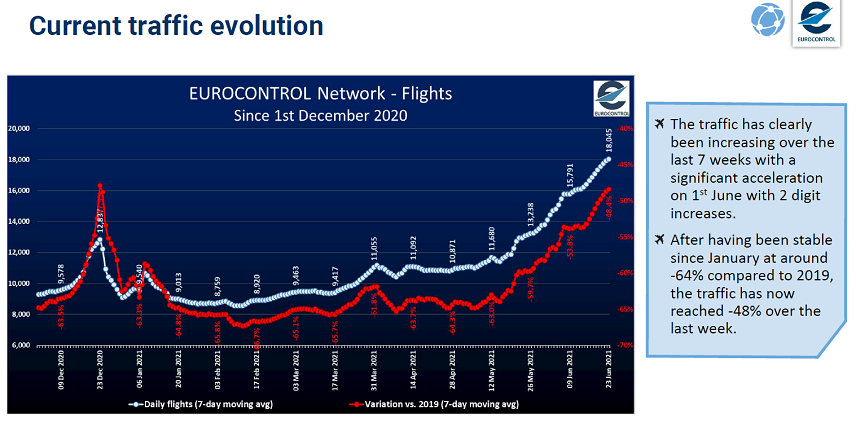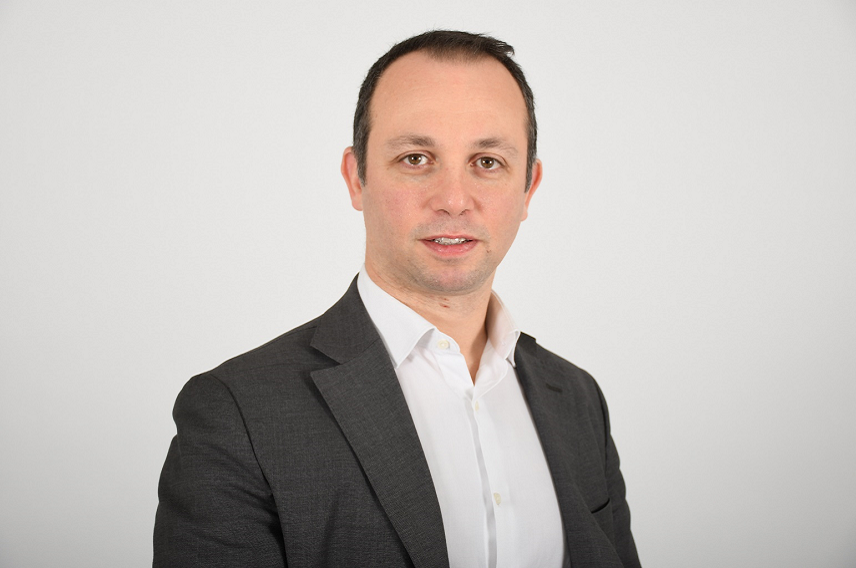
Summer officially started June 22, but aviation’s real test will come in July and August, when most European travelers go on vacation. The number of aircraft in the skies is on the rise (but still far from 2019 levels), sparking optimism among many Governments and industry stakeholders. However, huge uncertainty exists over demand, especially long-haul, and only time will tell if we are really on the road to recovery.

Within the current context, France has taken the lead on a series of initiatives. Robert Chad, IATA’s Area Manager for France, Belgium, the Netherlands & Southern Europe tells us more.

We have been constantly engaging with authorities for the restart and proposed a roadmap linked to the vaccination policy. With the vaccination campaign acceleration, France recently decided on the relaxation of COVID-19 border measures for vaccinated passengers, and the broader use of affordable antigen testing. And as of July 1, France will implement the EU Covid-19 Digital Certificate for travel. These are all steps in the right direction, but a lot remains to be done to recover our freedom of movement and improve mental health, an important side-effect of the pandemic. This has led us to launch the Destination Summer campaign in partnership with other associations.
Notwithstanding, we can still witness fragmented and uncoordinated measures, which can jeopardize a long-awaited summer season. These include the:
All of the latter will create operational challenges for passengers, airlines, airports and border control. We urge all countries to implement EU recommendations and the updated EASA-ECDC Aviation Health Safety Protocol calling for harmonized and risk-based COVID-19 travel measures.
This pandemic has proved that air transport is vital from economic, social and health perspectives. Many governments provided financial relief to airlines and we thank them for that. However, the aviation value chain wasn’t and is still not balanced.
Airlines are paying for infrastructure -airports and Air Navigation Service Providers (ANSPs)- which often benefit and abuse their ‘monopolistic’ position. For a successful restart and to help us ‘build back better’, we need a level playing field and unity to help the entire value chain prosper.
Willie Walsh, IATA’s Director General, during his intervention at the 2021 Paris Air Forum, highlighted the criticality of infrastructure for airlines. SES2+ is a burning topic and a unique opportunity for Europe to act and reform the way airspace is managed to become much more efficient and sustainable.
On the ground, if regulation exists for large airports (above 5 Million passengers per year), it must be improved, notably through reduced or at least frozen charges for the coming years. This is a challenge, but we believe every actor must do its share, as we rebuild our severely damaged industry.
The environment has become increasingly critical for airlines. We were the first transport mode to make public commitments back in 2009. The challenge is huge as successfully tackling decarbonization requires that all aviation players (manufacturers, oil producers, ANSPs, airports, airlines, ground operators, etc.) deliver on their responsibilities.
This ecological transition to carbon neutrality is a long process but we need to act now. Some solutions include the Carbon Offsetting and Reduction Scheme for International Aviation (CORSIA), incentivizing Sustainable Aviation Fuels (SAF), implementing SES2+, and adopting sensible regulation on Slots.
For the latter, a temporary relief is needed until a full and successful restart is observed. Slots are critical for airlines’ connectivity and the 80/20 ‘use it or lose it’ rule (or anything non-adapted to market reality like the 60% use the EC is proposing for next winter) can force airlines to operate ghost or empty flights to avoid losing slots. We are counting on the European Commission to support the sector’s quest for a relief for Winter 21-22.
France is spearheading efforts of the Environment, and the recommendations of the ‘Convention Citoyenne pour le Climat’ requested a wide array of measures be implemented by the aviation community, including a ban on short-haul flights when an alternative of less than 2.5 hours exists. In reality, when this alternative exists and is efficient, airlines adapt naturally and suppress the route as it becomes unviable. A striking example is the Paris – Brussels route that has been discontinued for many years due to an efficient train alternative.
In parallel, the French government has been greatly supportive of new technologies including hydrogen. Airlines look forward to this solution and to electric-powered aviation and will adopt them when they become available. But in the meantime, we need to focus on available solutions.
Additional information: